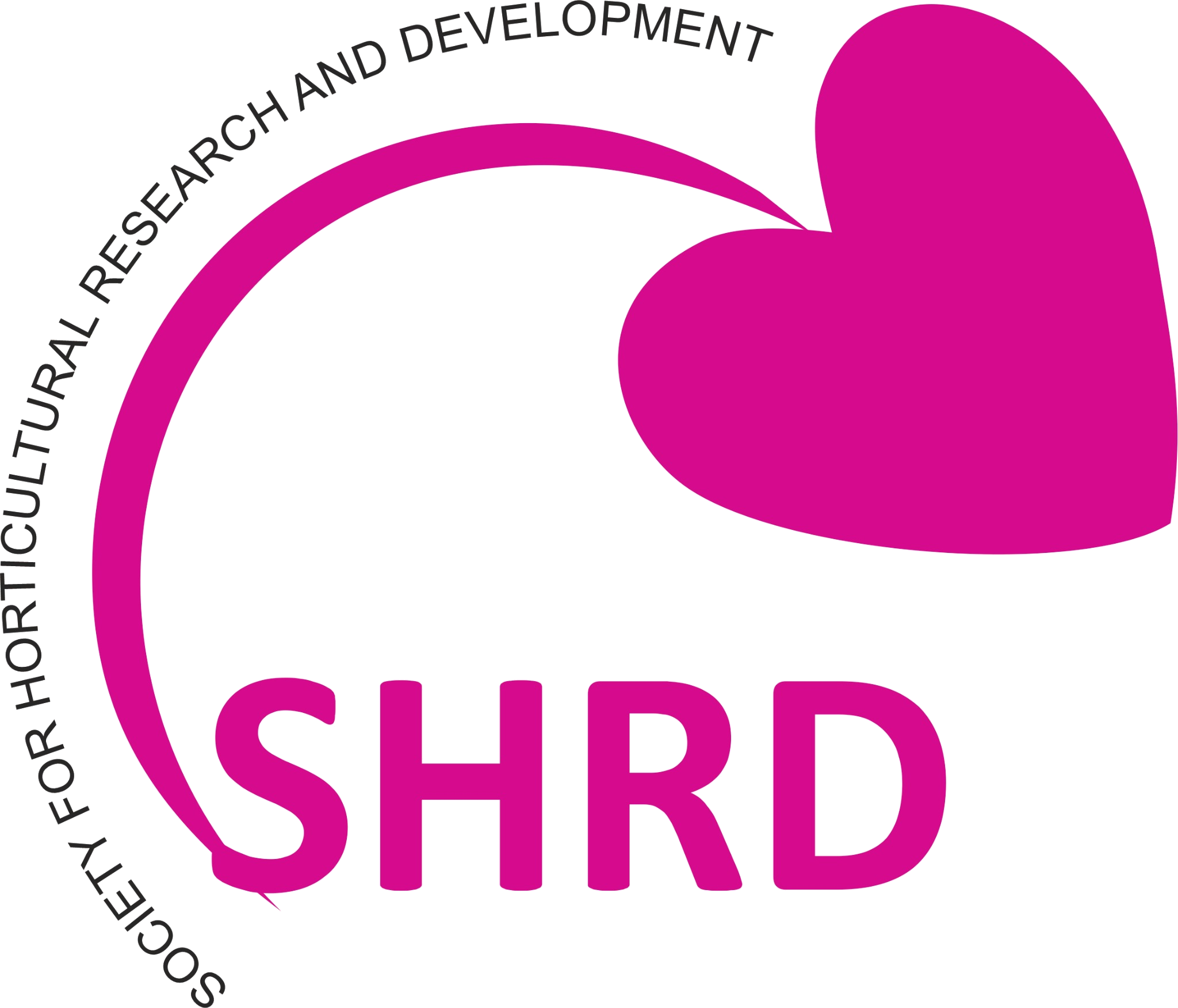Summit Themes
Genetic resources, diversity, exploration, evaluation, conservation and their use in crop improvement
Identification and utilization of genetic resources for stresses tolerance as well as nutrition and processing traits. Development of pre-breeding materials, rootstock breeding and tapping of underutilized crops to diversify the horticultural system and strengthen food security.
Genomics for improvement of indigenous and underutilized horticultural crops
Advanced genomic tools such as genetic mapping, genome editing and molecular markers for improvement of horticultural crops.
Conventional breeding for crop improvement
Enhancing genetic potential through conventional breeding approaches such as hybrid breeding, selection of superior genotypes and combining ability estimation.
Recent advances in production technology of indigenous and underutilized horticultural crops
Innovation in horticultural crop production for enhancing productivity and sustainability.
Post-harvest management, processing, value addition, and Agri-export zones for indigenous and underutilized horticultural crops
Post-harvest management of perishable crops including nano encapsulation and smart packaging. Value addition using minimal, thermal, and non-thermal processing methods. Functional food production and waste utilization. Agri Export Zones (AEZs) to expand export potential, reduce losses, and enhance profitability and economic development.
Clean planting material and high yielding seeds
Production of high-yielding hybrid seeds, planting material, genetic testing and seed treatment to enhance yields and overall crop productivity.
Protected cultivation and precision farming
Standardization of package of practices of horticultural crops for protected cultivation. Site-specific and resource-efficient crop management through precision horticulture using drone technology, GIS, GPS, nutrient film techniques, drip fertigation, hydroponics and aeroponics.
Diseases and pest management of horticultural crops
Integrated pest and disease management, field diagnostics, molecular diagnosis, use of new-generation pesticides, botanicals, and biocontrol agents to enhance crop productivity and safety.
Climate-resilient horticulture production
Adoption of climate-resilient varieties and technologies, reduced greenhouse gas emissions, carbon sequestration, canopy management, HOP, use of sustainable inputs like biofertilizers, nano-urea, and drip fertigation.
Entrepreneurship development and Farmer Producer Organizations (FPOs)
Strengthening FPOs to improve the livelihoods of small and marginal farmers.

